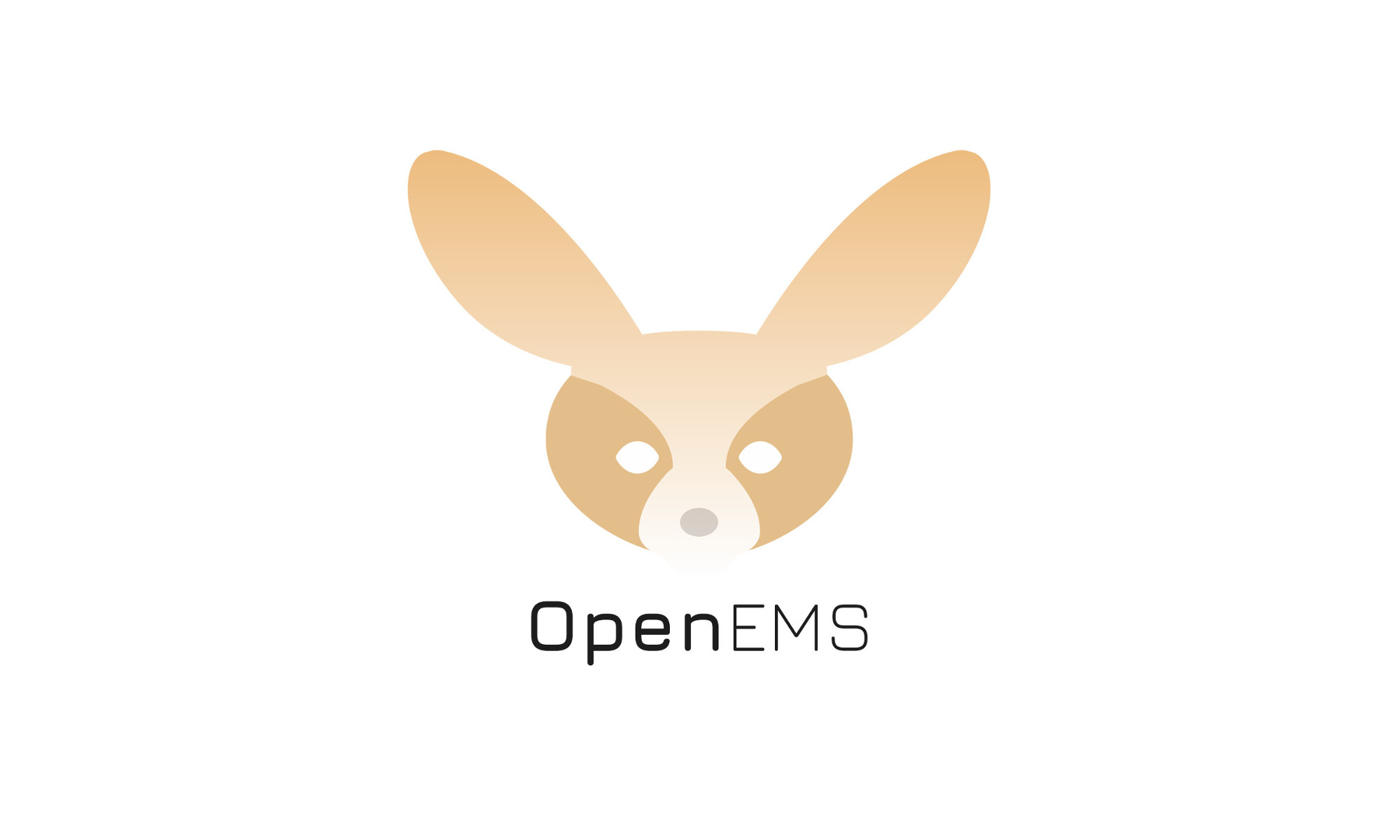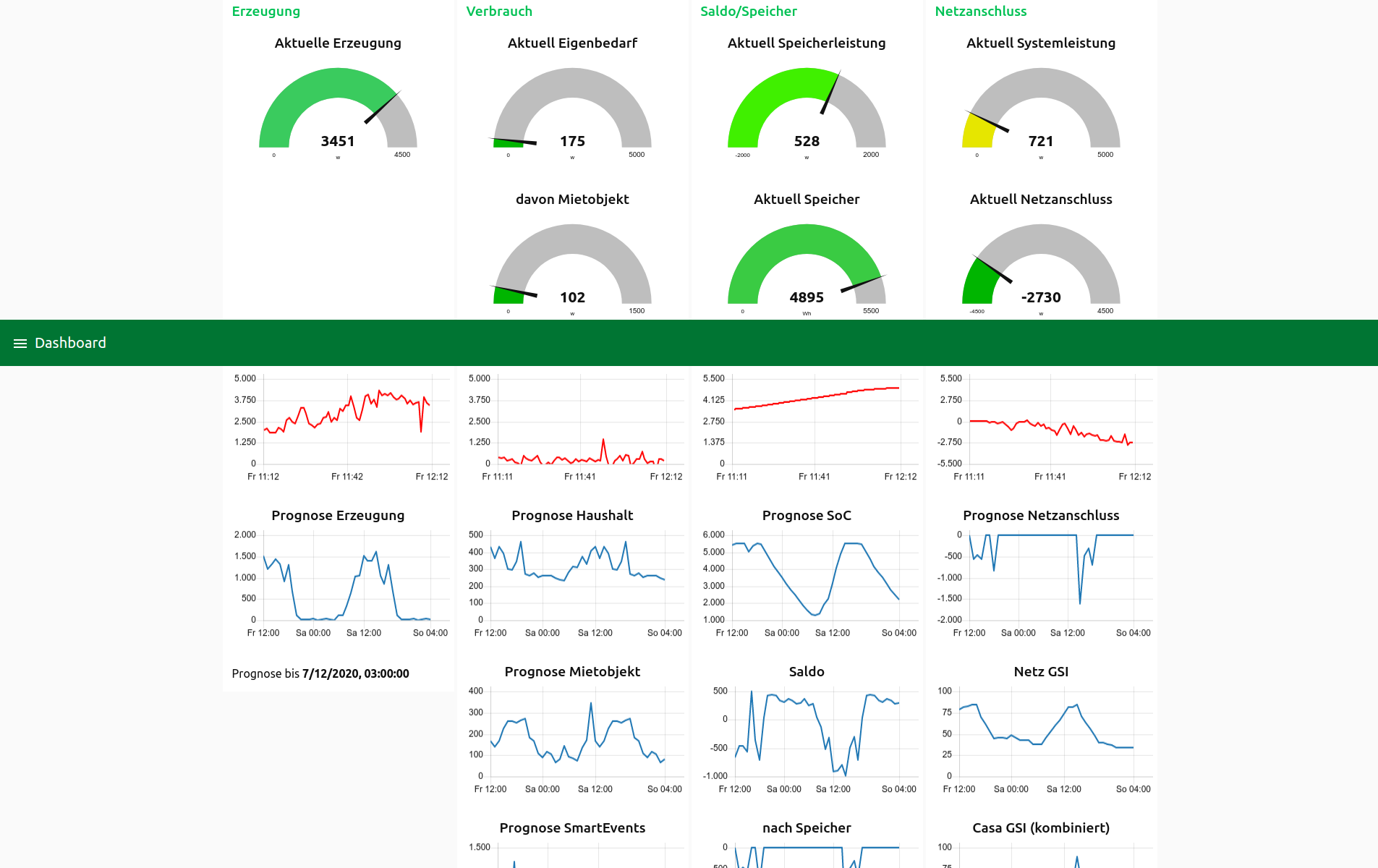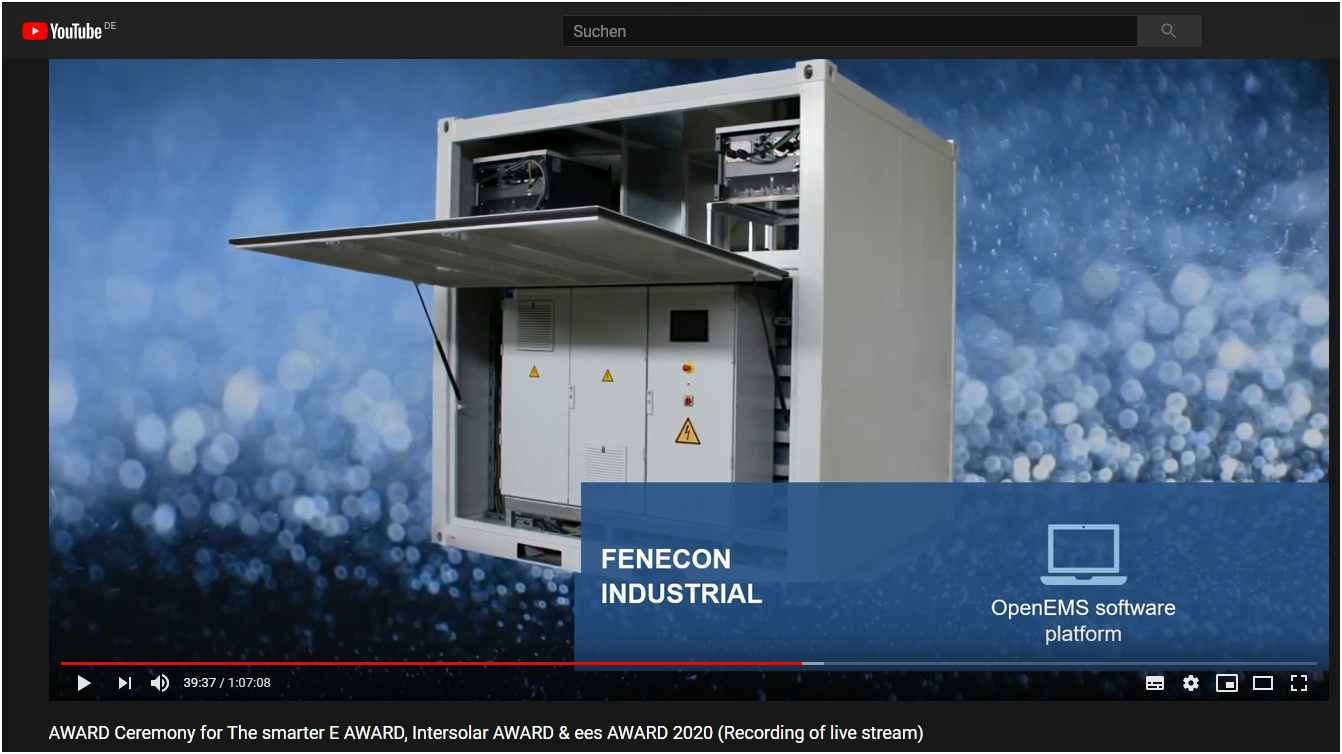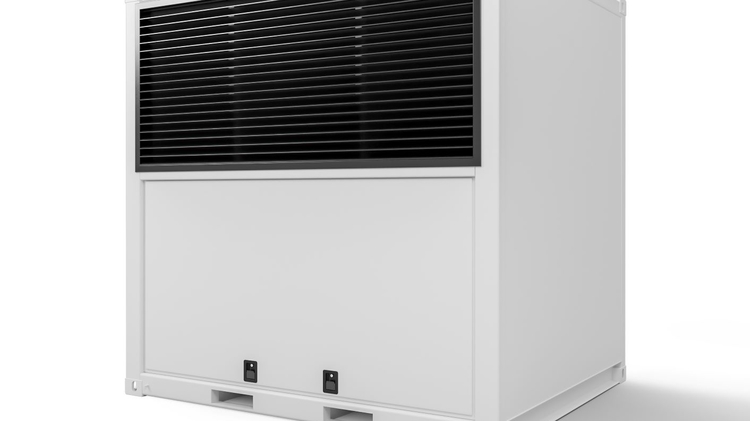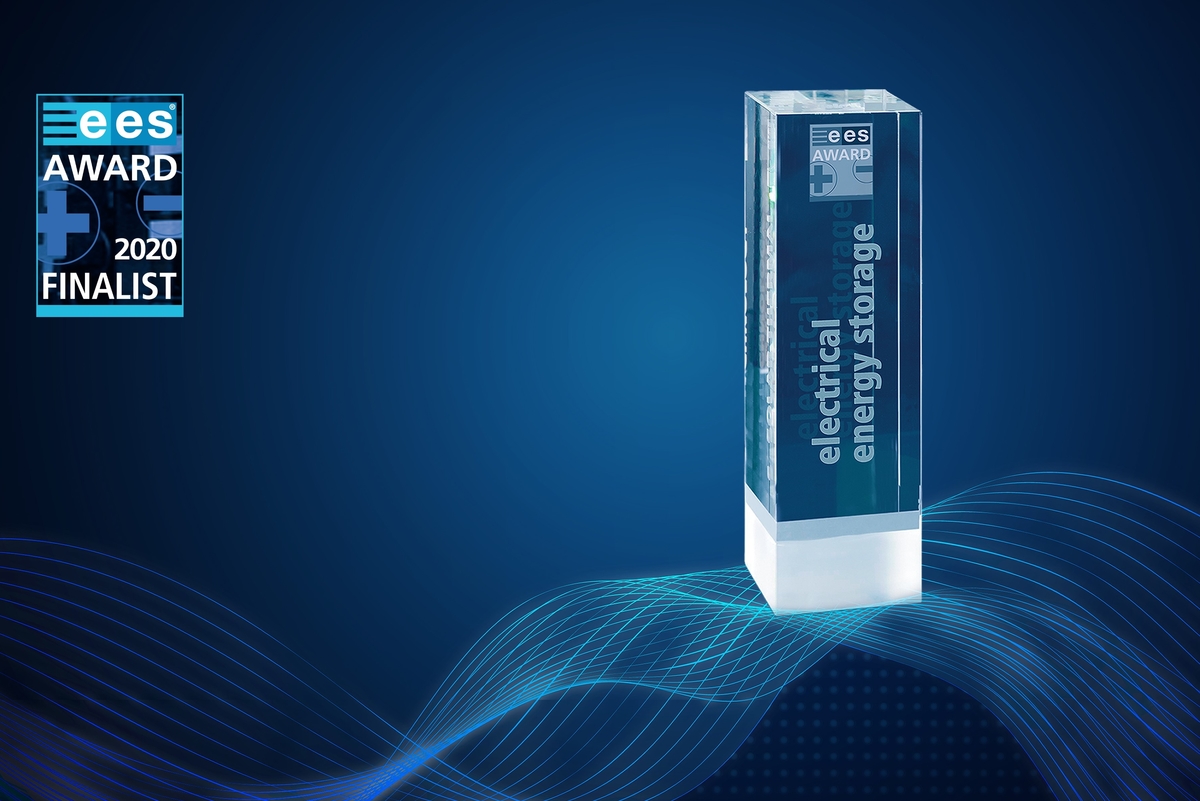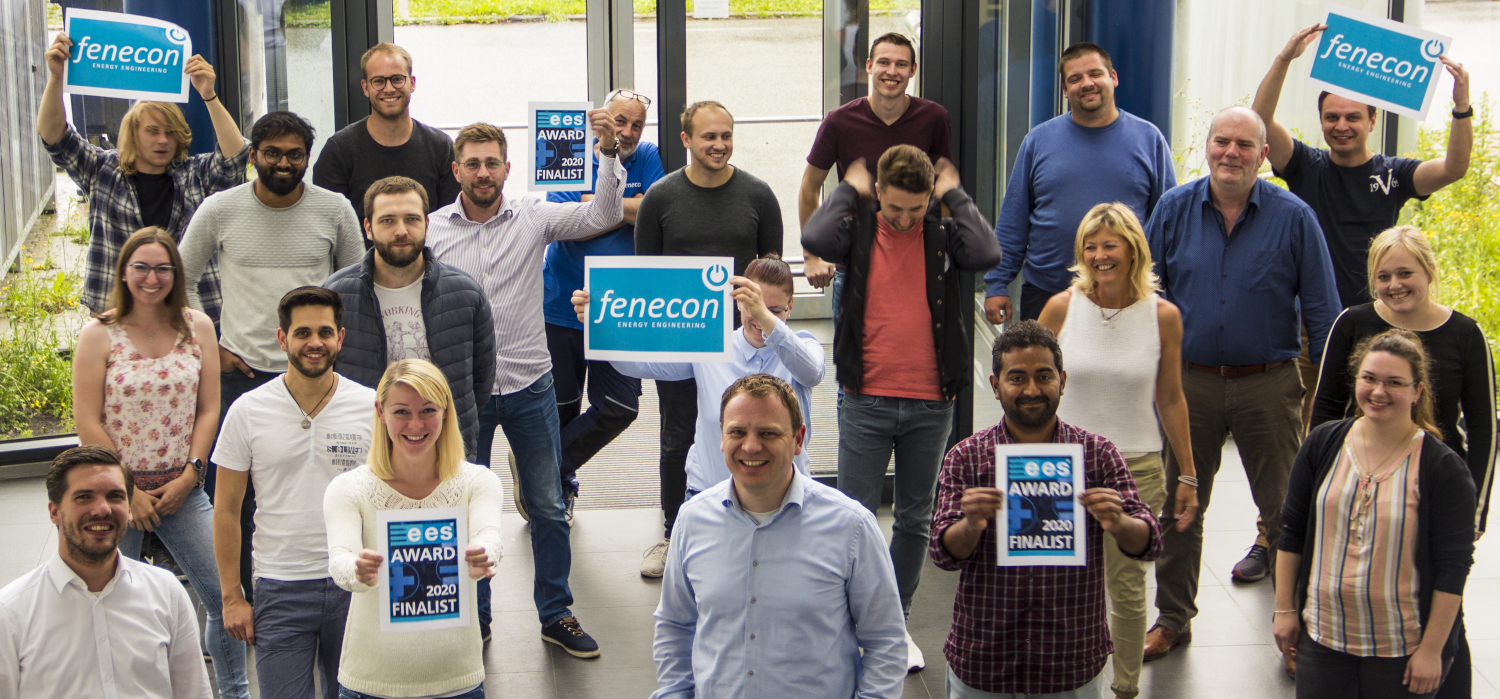Beitrag vom OpenEMS-Association Mitglied STROMDAO mit Corrently – Regionaler Ökostrom direkt vom Erzeuger.
SmartHome oder Heimautomatisierung gibt es mittlerweile in vielen Haushalten, was es auch gibt ist ein EnergieManagementSystem. Beide Arten von Systemen haben ähnliche Aufgaben und Funktionen, jedoch sollte man diese getrennt aufbauen und die Zuständigkeiten nicht vermischen. Von Rückmeldungen der Correntlyaner zum GrünstromIndex, sehen wir aber, dass die Unterschiede meist nicht bekannt sind. In diesem Beitrag daher eine Einordnung aus Sicht des Energieversorgers.
[…]
Beim EnergieManagement, was man sehr gut an OpenEMS erkennen kann, geht es um intelligentes Messen => Ableiten => Priorisieren => Regeln. Wobei Ableiten hierbei bedeutet, dass man das Blick auf das Ganze legt, also nicht nur Wallbox, Speicher und PV Erzeugung, sondern auch den Stromverbrauch des Haushaltes, das Wetter und für alle diese Komponenten die Prognose. Erst danach wird ein Fahrplan erstellt, auf dessen Basis dann geregelt wird. Dieser Kreislauf überblickt zwar meist einen Bereich von vielen Stunden, wird aber kontinuierlich in Echtzeit neu bewertet und an die gemessenen Werte angepasst.
[…]
Produkte wie Corrently Ökostrom sollten zunächst in das EnergieManagement integriert werden. Dort ganz gezielt in den Schritt der Priorisierung. Dies ist ein Grund, warum die STROMDAO als Gründungsmitglied bei der OpenEMS dabei ist, da für den einzelnen Haushalt hier das meiste Potenzial vorhanden ist. Sprechen Strompreis, benötigtes Warmwasser, benötigter Ladestrom und alle anderen Daten des EnergieManagements miteinander, dann spart man bares Geld (Energiekosten).
Weiterlesen →
https://corrently.blog/post/heimautomatisierung-ist-kein-energiemanagement/
